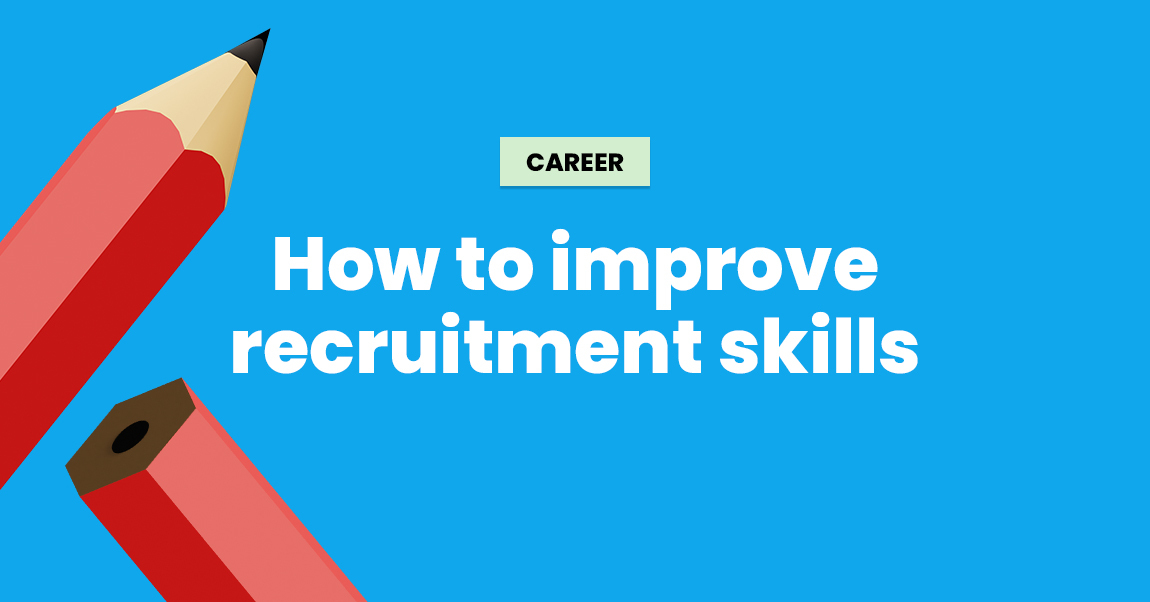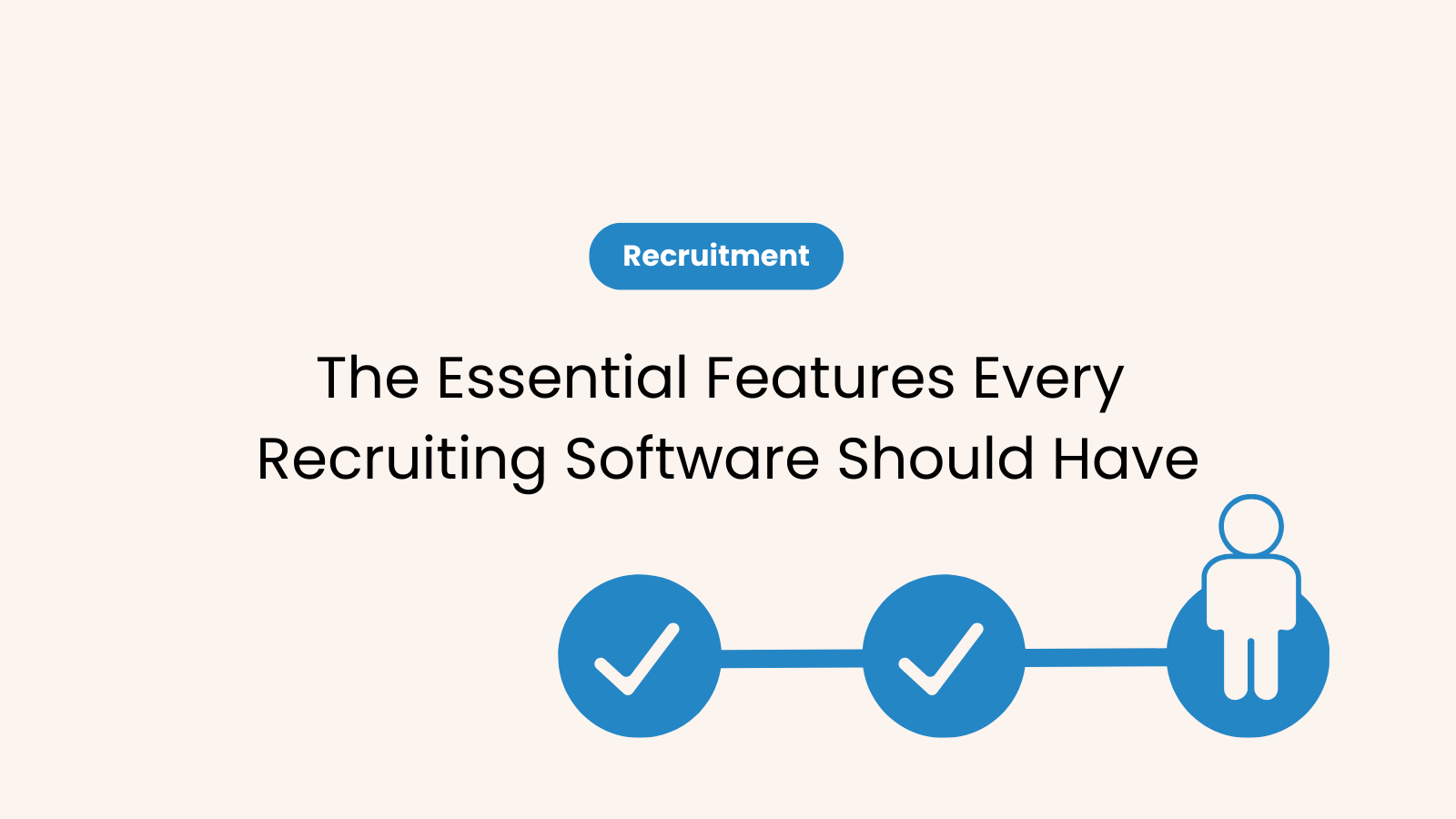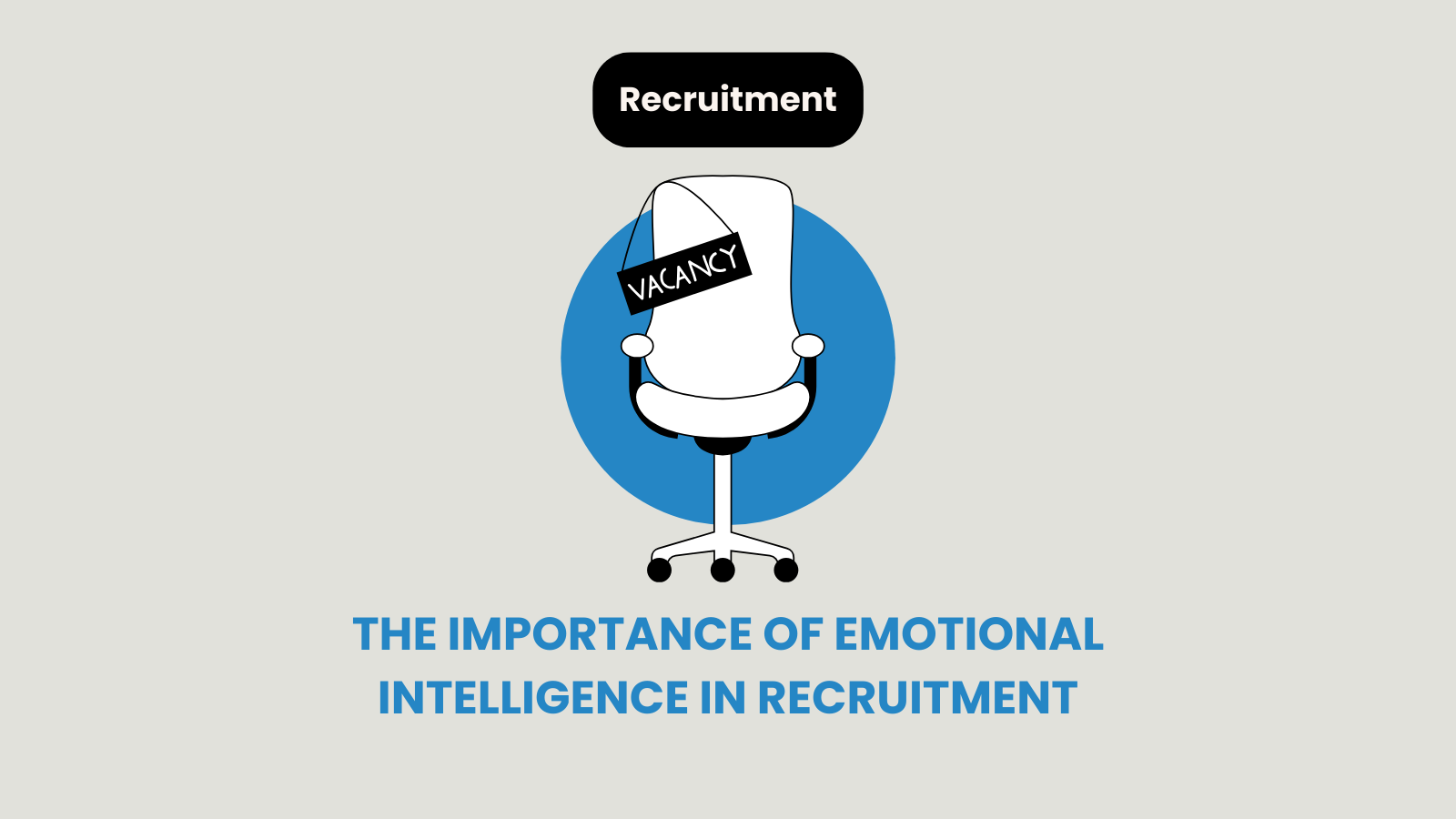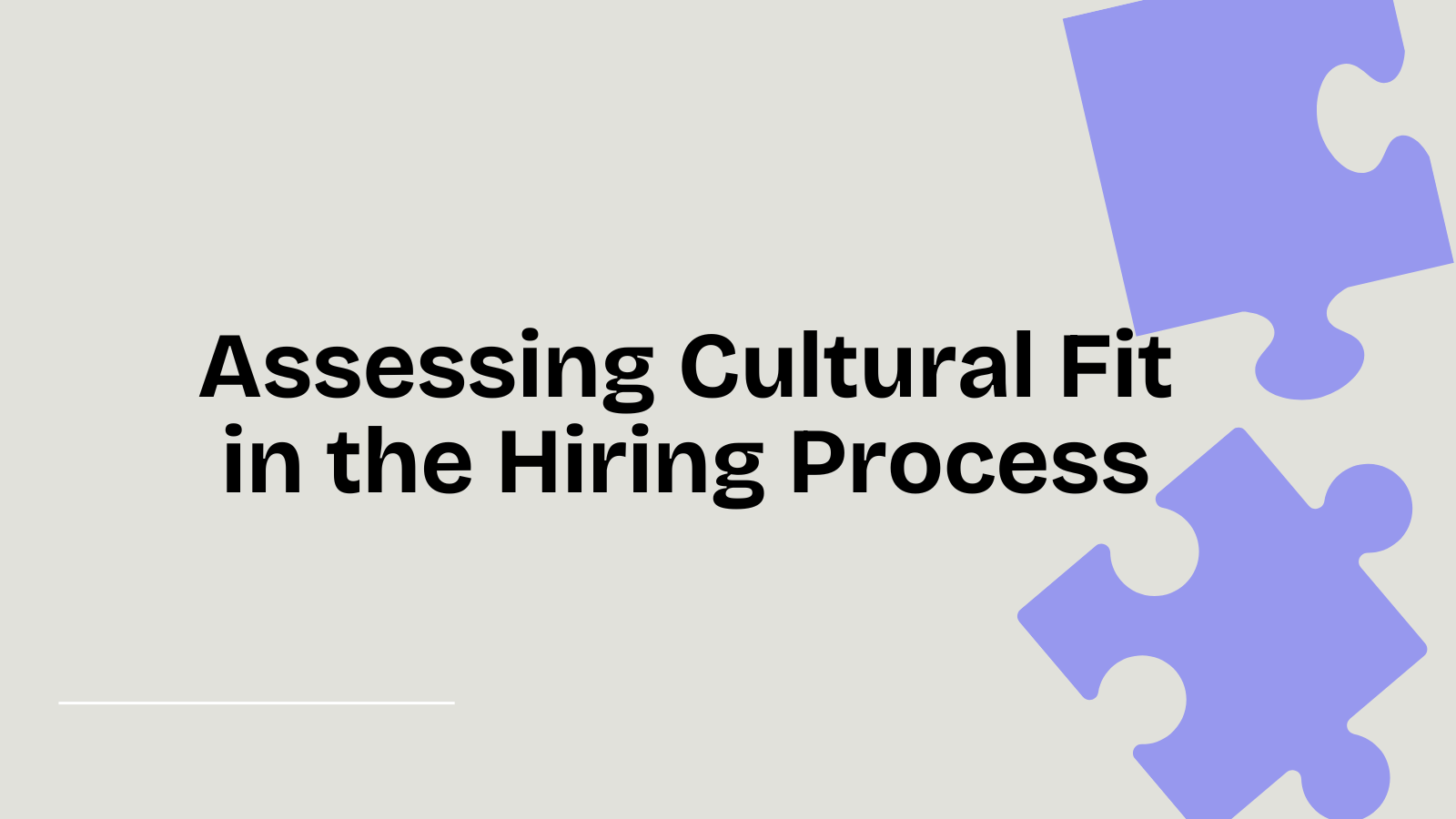Recruiters’ paths can be defined as somewhat quivering. Whether it’s due to a love-hate relationship between candidates and sourcers or to loads of other impediments a recruiter encounters on their quest – wavering virtual smiles and declined offers are often parts of their routines. In order to overcome the familiar struggles, one must learn how to improve recruitment skills and aim for absolute success.
So, what should recruiters do, and what do they need to focus on? Well, grab hold of this guide and come up with a better recruitment process by enhancing your knowledge and modifying your approaches. The truth is that acquiring new aptitudes and gaining mastery of your former obstacles can be a piece of cake.
What skills are needed for recruitment?
Nowadays, hiring is more tricky and back-breaking than ever. On the one hand, it should have gotten simpler due to all the tools and automated processes that found their way into HR departments. But on the other hand, it’s getting quite complicated. With the discontinuity between companies’ needs and the actual number of job seekers – the market is fierce. And that makes reaching and attracting top talent more than puzzling. Of course, since recruiters are on the first lines of fire, it’s up to them to untangle the knot and source successfully.
Recruiting and talent acquisition entail specific personality traits and sets of skills in order to be done right. These are the key masteries a recruiter needs to have:
- Excellent communication and active listening,
- Strong organizational abilities and project management capabilities,
- All-embracing industry and company knowledge,
- Deep familiarity with the market trends, gaps, and competition’s assets,
- Highly developed sales and marketing expertise,
- Basic tech knowledge and a profound understanding of necessary tools like ATS.
These are some of the crucial know-hows each recruiting specialist needs. Still, there’s more. But don’t worry. If you follow the tips we’re about to offer, you’ll latch on to the best practices in no time.
Traits & habits: What qualities make a good recruiter?
Aptitudes make up for a lot, but attitude is still crucial. So, are there any traits that enable you to nail recruiting efforts and drive favorable outcomes? Sure there are. And it’s easy to spot them. First and foremost, a recruitment specialist needs to be confident. Now, we all know that confidence leads to many wonderful things. But in this case, it’s essential to grasp that people tend to trust those who speak confidently more. Makes sense, right? It goes hand in hand with self-awareness and persuasion skills.
Then, there’s empathy. A candidate-oriented person will listen closely and be able to truly understand talents and their individual needs. Later in the process and throughout the whole employee lifecycle, this trait is invaluable for quite a few reasons. It helps managers track their employee experience, engagement, and overall satisfaction. Boosting retention is easy once you get what makes your colleagues happy and motivated.
A strong work ethic is another distinction between a great recruiter and a bad one. Being dedicated to what you do and respecting the team, firm, clients, and candidates is a certain way toward achieving desired aims.
Curiosity, adaptivity, and patience must also make their way into the list of necessary characteristics and personality traits a superbly successful recruiter has.
Now, adopting some of these qualities is possible. In fact, most of them can be improved over time. So don’t sit around and wait – make sure to learn how to improve your recruiting skills and enhance your ways.
Proven tips: how to improve recruiting skills
In the world of attracting and hiring top talent, those who constantly learn and grow tend to carry the day. That is why learning how to improve recruitment skills is one of everyone’s primary missions. On this wise, these are the fundamental crafts to build up and areas to gain mastery of:
- Understanding the company’s needs, job requirements, candidates and their targets, and the market itself,
- Learning the precise objectives and reinforcing the masteries related to organization, management, and prioritization,
- Engaging top talent and enticing passive candidates,
- Knowing the importance of recruiting metrics and learning how to track them and throw light on the results,
- Making sure to embrace the best interview practices and nail the etiquette rules that will keep your chit-chats pleasant, informative, and productive.
The optimal results will follow shortly once you advance your knowledge and learn where to direct your attention and energy.
Understand the big picture
Keep a precise business tactic in mind that you can refer to whenever you aim to fill a position. You can save the crucial points as sticky notes or type them in your phone. You can also do it the old-fashioned way – just strive to preserve it in your own memory. When trying to understand a potential candidate, you need to learn if their skills, attitude, personality, and experience are the best fit for growing your organization. If you figure out that they aren’t truly a match, it’s necessary to keep on looking and screening other possible hires.
Also, it is best to highlight the actual job needs rather than the skills themselves. Why so? If a candidate has worked in a similar position before, they most likely have what it takes – at least from the technical perspective. They have either adopted the required knowledge or the ability to obtain it. So, what can you do? Instead of naming every single skill that candidate should have, make sure to explain the key expectations clearly. This will grow your tech talent community by introducing a more diverse group of candidates. Varying experiences and backgrounds will bring more mastery and unique approaches.
Let’s sum it up: boost your understanding of the actual hiring needs your company has, know how to write and interpret the job descriptions, and be aware of the candidates’ true aspirations and potential. That way, you’ll always find new ways to improve the recruitment process and grow your own abilities.
Know the end game + go above & beyond
You must keep in mind at all times the overall goal of your recruitment process. Who exactly are you looking for? Maybe you need to find one profoundly skilled candidate for an essential role. Or maybe your aims include bringing in various entry-level techies that can be trained and educated within your team.
The needed knowledge and seniority of a candidate you are looking for will define precisely what you need to do to find and entice your perfect fit.
So, you will need to learn how to improve recruitment skills that are related to setting your objectives correctly and prioritizing. Here’s a comprehensive list of the things you’ll have to master:
- Keep it all simple and clear, and always speak to your teammates and managers to get all the information you’ll base your efforts upon,
- Distribute your attention and time properly to tackle both simpler roles and the positions everyone’s kind of dreading to work on,
- Keep track of your progress by minding the metrics and write down the things you have done so far by using an automated tool that will help you keep it all neat, tidy, and understandable to the hiring team,
- Write checklists and separate your daily tasks into categories that you’ll easily follow and fulfill the way you’ve planned and at an acceptable pace,
- Set due dates and use a reminder for each touching point, screening, follow-up, and more.
By creating a schedule, prioritizing, and being in the clear regarding your objectives, your time-management, and self-organization skills will improve. Start early, give yourself enough time, and take regular breaks. That way, you’ll also learn how to deal with stress caused by tight deadlines. Or, to be precise, you’ll avoid the situations that cause this sort of anxiety all around. Focus on your assignments one by one. And relax – knowing how to improve the recruitment process and stick with good practices, habits, and patterns isn’t that hard!
Spot and entice the top talent
According to the stats, more than 70% of the entire job market are, in fact, passive talents. So, if you aspire to engage them, you will need to target their next career move efficiently. Relying on your mind and previous experiences, well-written recruiting messages, and properly structured interview questions will help you with it. So, here are the key questions to focus on:
- What roles did they fill so far?
- What abilities do they have that make them a great fit for your company?
- What could they aspire to in the near future – and the long run?
Once you’ve solved these puzzles, you’ll have more solid insights into how to make your job postings speak out to passive tech experts.
Now, how do you effectively recruit passive candidates, and what skills should you enhance to deal with them successfully? Few proven tips coming right up:
- Rely on social media recruiting and use all platforms at your disposal in different ways,
- Invest in automation tools and boost your career page,
- Offer referrals to employees and turn your former candidates into sourcers as well,
- Tell your story without missing the company culture, core values, and vast potential to grow.
These are the main ways to reach passive prospects and draw their attention to your brand and its advantages. So, learn about storytelling, use social channels to nail your targets and increase traffic + conversions, communicate a lot, and add extra value to each proposition.
Keep your community engaged
Building and maintaining an engaged community is mainly the domain social media and community managers should deal with. Still, a great recruiter must know a thing or two about this significant aspect. It has a lot to do with the content you share. However, it’s far more than that. Pay attention, learn, and implement:
- Grant your target audience enough space to express themselves,
- Provide them with both necessary information and amusing content,
- Mix up the stuff you publish and play with different forms,
- Moderate the comments and activities,
- Never leave people on read and encourage further communication,
- Learn about gamification.
Now, these ideal objectives should not be reached by recruiters alone. On the contrary – their parts aren’t that big in making tactics to nail social efforts and strategies. However, an experienced recruiter needs to know these principles and understand why they lead to marketability. In addition, recruitment specialists, whether in-house employees or those who come from a recruitment agency, can participate in boosting each of these aspects.
Don’t forget to check up on your current, former, and future candidates. Discuss their posts or the content they’ve liked or commented on. Share interesting articles with them. Or just text them to see what they have been up to lately.
Track metrics and review the process regularly
Tracking the outcomes of your efforts each day is the best way to promote your recruitment methods. You can use different analytical tools that will help you understand and plan your actions from a high-level viewpoint. By analyzing crucial recruitment metrics, you can reveal which tactics are working and which must be refined. Pay attention to the time to hire, cost per hire, quality of hire, source of hire – and all other HR metrics that will point you in the right direction. That way, you will be able to rearrange your efforts on time and pump up your ROI.
Embrace the best interview practices
If you plan to offer a job to someone who is already employed, you must make it easy for them to take part and accept your proposition. First of all, show how you respect their time. Also, learn to be flexible. So, scheduling interviews outside of a candidate’s working hours is the first policy to embrace. Being pushy and unaware of someone’s responsibilities will get you turned down before you actually start. If memorizing all the time slots and working according to your and others’ schedules seems like a lot, don’t worry. A skill that each recruitment specialist needs, aside from organization and multitasking, is the usage of tools like Calendly. Ease the whole drill and make a better first impression by setting up meetings automatically.
Once the screening is booked, be sure to come prepared, structure the questions, and bring along an open mind. Encourage a two-way conversation and listen actively. Take notes and help out with the next stage of the hiring process by collecting the basic information that will partially shape up technical interviews that follow.
Follow up & always give feedback on time
When tackling the ways how to improve your recruitment skills, it is unavoidable to mention the importance of giving feedback. How is that a skill? Well, actually, it does take some knowledge to formulate it correctly. Moreover, it requires a little bit of patience and some well-shaped soft skills and empathy. In addition, it entails some industry and technical knowledge, plus valuable insights that depict the company’s exact needs.
So, even when you’re about to break the bad news, you can do it correctly. Practice these steps:
- Define the whole situation and context and be sure to name the pros and cons that have popped out throughout the interviews,
- Describe precisely what was right and what was wrong. Analyze the true impact of each stage of the interview and address the positive and negative sides of what the candidate has presented,
- Make a suggestion and give a few useful tips to the person you have interviewed or recommended for a specific role.
In short, the key points include honesty, transparency, conciseness, and the skill that allows you to blend the good with the bad perfectly.
Knowing how to improve recruitment skills is crucial & will refine your efforts and results
Here is one final piece of advice – be consistent and make sure to refine your methods, knowledge, and approaches throughout your entire career. Only by doing so will you reach far and make a huge difference. Use these simple tips on how to improve recruitment skills and secure the best possible results. Take one step at a time. You’ll see – being a top-performing recruiter isn’t that perplexing. In fact, it’s very manageable and yet essential. Just warm up properly and explore your potential.




